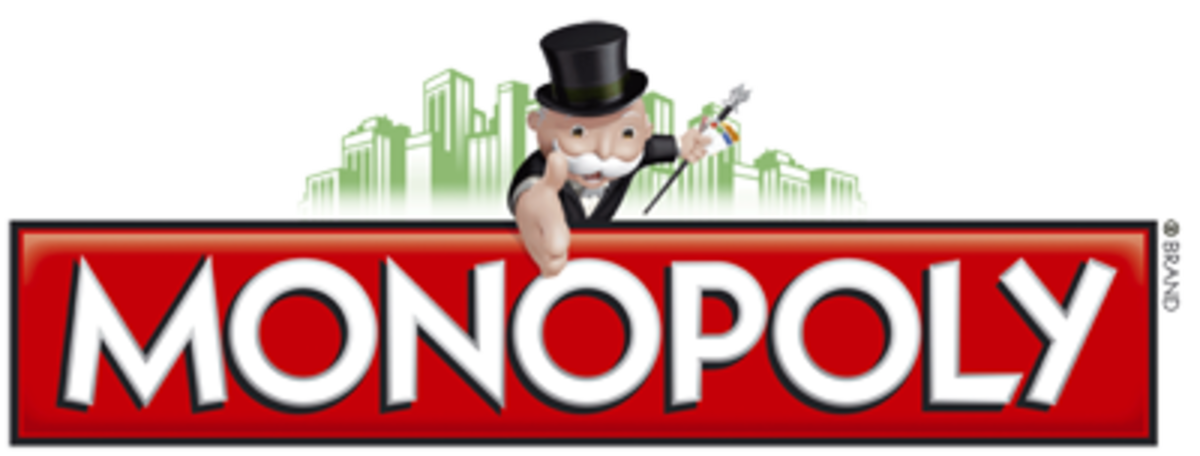Business Types: Sole Proprietor
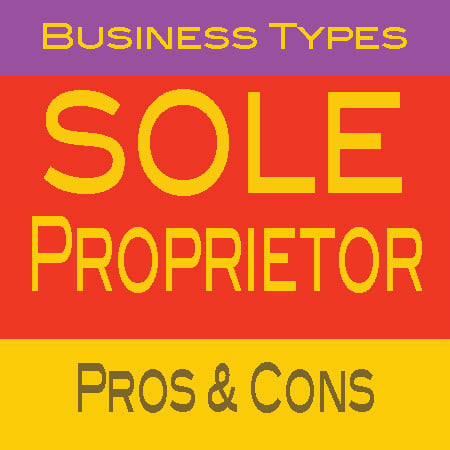
Which Business Type is Right for You?
If you are going to start a business, one of the first considerations is to determine the legal form of your business. When making this decision, you need to consider more than just the various products you will offer or the different services you may provide.
Put those aside for just a minute and consider the legal form of your business. With each form or type of business entity, there will be advantages and disadvantages. For the purposes of this article, I'm going to assume you have chosen the sole proprietor business type.
.
Definition of a Sole Proprietorship
Basically, if you choose this type of business, you are operating an unincorporated business as an individual. This simply means that sole proprietorships are one of the simplest business forms. They are typically owned by one person. This one person typically handles the day-to-day operations of the business, paperwork, tax forms, etc.
As a sole proprietor, you own everything - all the assets of the business belong to you and are your solely responsibility for everything. All profits and losses need to be reported on your individual tax return. Sole proprietorships really have no legal structure to speak of. One of the easiest types of business to start and maintain, the sole proprietorship does have it's advantages and disadvantages.
.
Sole Proprietorship: Pros
The biggest advantage to starting a business as a sole proprietor is that they are easy to start. Most times you can actually start operating as a business while you're getting your paperwork in order. Most times all you'll need to do is register your business as a sole proprietorship with your local state or regional tax authority.
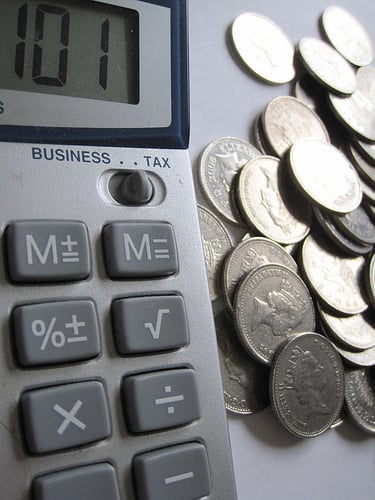
Getting paid is very easy. As a sole proprietor, you determine what you are paid. Feel like you've had a tough week and want to give yourself a bonus? Simply write yourself a "draw check" for the extra amount needed, You are the boss so you get to decide.
Remember, you are taxed on this draw and will eventually need to pay taxes on it as income. Depending upon your individual situation, you may also need to make estimated tax deposits throughout the year.
Unlike some other forms of business, you won't be double taxed - once as business income and a second time as personal income. Taxes are a breeze as you will simply fill out and include a Schedule C form with your personal income taxes.You may also need to apply for a sales tax permit if you are charging sales tax on your products or services.
Depending upon the type of business in which you are engaged, you may also need various licenses and permits. Check with your attorney, accountant or your state tax office for more details on specific requirements in your local city, state or region.
.
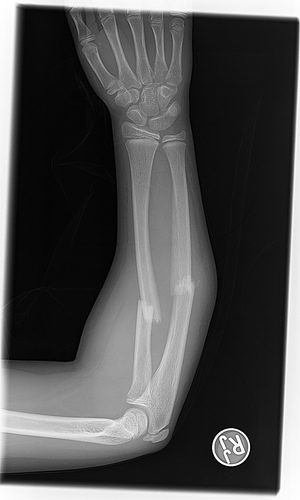
Sole Proprietorship: Cons
Probably the biggest disadvantage to a sole proprietorship is the legal exposure from the lack of liability protection. This is a huge consideration because if something happened with your business to cause damages or loss to someone else, you could be held personally liable and lose everything you own.
There is no liability protection with a sole proprietorship like there is in a subchapter S corporation, C corporation or limited liability corporation (LLC).
Here is a real life example of the dangers of no liability protection; a wedding planner had set up for a ceremony at a local church. One of the attendees at the wedding accidentally stumbled and caught her foot on a nearby flower stand causing her to fall to the floor and injure her arm.
The wedding planner was a sole proprietor and was sued for damages. While she did not lose everything, she was on the hook for the injured woman's medical bills and legal expenses.
Some insurance companies offer a limited liability insurance policy depending upon your type of business. Check with your attorney or accountant for more details.
.
The Bottom Line on Operating Your Business as a Sole Proprietor
True, there are not many things which are easier or more hassle-free than setting up your business as a sole proprietorship. As a matter of fact, in most states, once you conduct your first cash or business transaction you are likely to be considered a sole proprietorship anyway - even if you do not file any papers.
Like any business type, you will have to do some extra paperwork and file some additional tax forms each quarter and at the end of each year.
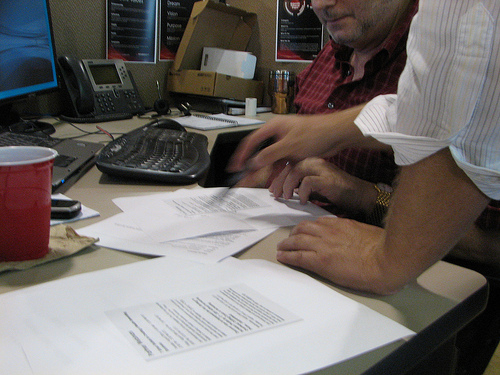
It seems that governments are making it more and more difficult to start a business these days with more and more requirements and paperwork.
That's just the price for starting your own business. Let me tell you from personal experience, there are good and bad things with any type of business - sole proprietorship or otherwise.
For me, having my own business for many years has been very rewarding even with all the paperwork, taxes and other "hassles" that come with being a business owner.
I hope this article has helped in making your decision to start (or run away from) a sole proprietorship business. Whatever you decide, be sure to get all the facts. Start by doing some simple research online and then consult an attorney or accountant before you make that final decision.
The information in this article is intended for informational purposes only and not for the purpose of providing legal advice. You should contact your attorney, accountant or financial advisor to obtain advice with respect to any particular issue or problem.
_________________________________________________________________







